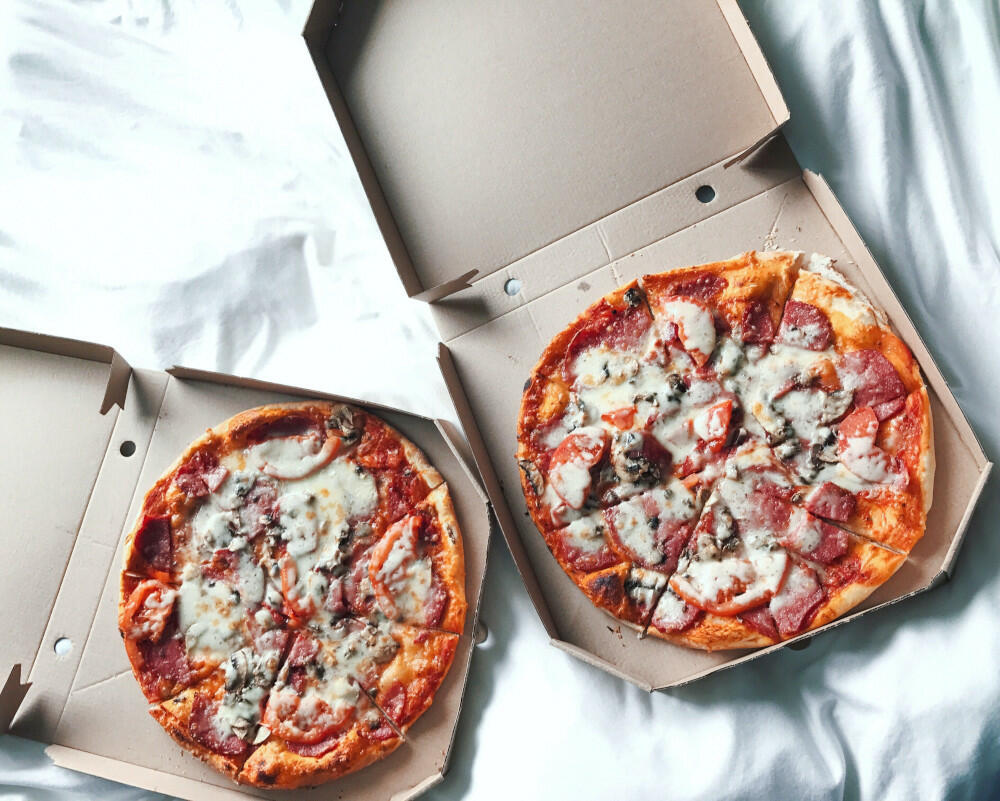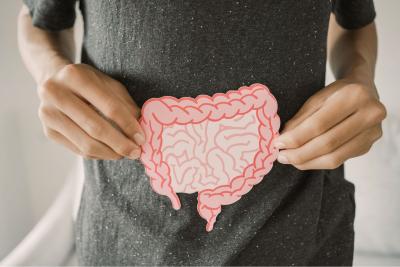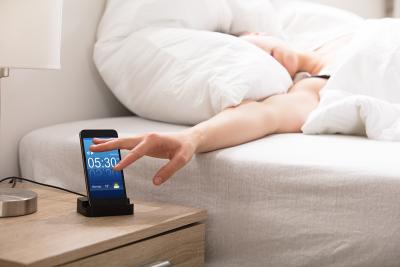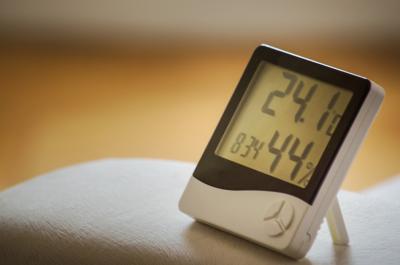Christmas has been and gone but, if you're anything like me, you probably bought way too much food and still have some goodies lying around. However, did you know that overindulging in your favourite fatty snacks and sweet treats can really affect your sleep?
Now, I'm not suggesting you put all that chocolate and cheese in the bin, but I am recommending moderation if you want to feel rested.
2020 is behind us, it's a new year, and the future is bright, so give the following information on overeating your consideration. You may feel better for it.
What is the Relationship Between Nutrition and Sleep?
Most people have heard that caffeine and sugar can energise you, or indulging in cheese before bed gives you nightmares, but have you ever given nutrition much thought when it comes to sleep quality?
Well, some scientists have given it a lot of thought. A 2016 study into the effects of diet on sleep quality revealed that high-calorie diets are linked with increased REM sleep, decreased sleep-onset latency and less slow-wave sleep, meaning you will fall asleep quickly, but it will be less restorative rest.
The same study found that high-fat diets reduce REM and sleep effectiveness and raises the likelihood of being woken.
So, what does this mean for you and those extra treats? Well, overeating affects your body in a number of ways. Short-term you can expect overeating to:
- Make your stomach expand
This may sound obvious but, when you eat more, your stomach expands. What you may not realise is your stomach can then push against your other organs and cause an uncomfortable feeling. This can make you feel drowsy, but you're unlikely to rest well if you can't get comfy.
- Give you gas
When you overeat, your body works extra hard to break down what you have consumed. In this process, your stomach will produce gas. Too much of this and you will feel bloated and gassy, further adding to your discomfort.
- Get you hot and flustered
Not only will your body give off gas, but your metabolism speeds up and can cause you to feel hot and sweaty. Not exactly the most pleasant feeling for a snooze.

Long-term, prolonged overeating can cause you to become overweight or obese. This comes with a number of increased health risks, and heavier people are more likely to suffer from sleep issues such as Sleep Apnoea.
Your circadian rhythm – your body's natural clock – controls your hunger hormone and tiredness levels. Eating too much can upset this rhythm, making it hard to sleep throughout the night. It can also cause restlessness, and make you more likely to wake up wanting a midnight snack.
Read more: What is the Circadian Rhythm and How Does It Affect You?
Answering Your Sleep FAQs
Eating before bed gives me sleep problems, what should I do?
If you're hungry before bed, this may indicate you haven't eaten enough during the day. So, ensure you're eating three regular meals, plus snacks.
However, for many people, eating before bed is more out of habit or comfort than actual hunger. For example, indulging while watching a late-night movie.
My top tip would be to avoid distractions when you eat, like watching TV or playing on your phone. This will make you more aware of what you're eating, when, and how much.
Should you go to bed hungry?
Going to bed on an empty stomach can be distracting and make it more difficult for you to fall asleep. So, as with the above question, I would recommend a regular meal plan throughout the day, so you never go hungry.
If you do find yourself starving late in the evening, try a light snack like a banana or nuts.
Is there a link between lack of sleep and appetite?
Food and insomnia are intrinsically linked. According to a US study, sleep deprivation affects the body's release of the two neurotransmitters that tell your brain when it is time to eat: ghrelin and leptin. That means, if you suffer from insomnia or sleep disturbances, you're more likely to crave high-calorie foods and snack late at night.
What foods make you sleepy, and which keep you awake?
Take a look at the following blog posts:
Counting Sheep? Five Foods That Could Hamper Your Sleep
10 Foods That Help You Get a Quality Sleep

Our Top Tips for Improving Your Relationship Between Food and Sleep
- Enjoy everything in moderation
You deserve something delicious every now and again, just don't go overboard. Consider your portion sizes, how many 'treats' you have a day, and whether you really are hungry, or just bored.
- Plan your day
It may seem a little regimented but try planning out your day and scheduling when you will eat meals, when to snack and what time to go to bed. Meal prepping is a simple way of doing this! You don't have to eat at exact times but sticking by a rough guide will regulate your circadian rhythm, meaning you won't feel hungry before bed and you'll sleep sounder.
- Ensure you're comfortable
From enjoying in moderation to hanging blackout blinds or updating your mattress, there are so many things that affect sleep. When you've binged out, you feel full, bloated, even sweaty, so, to ensure a good night's sleep, I'd recommend doing all you can to ensure you're comfortable.












